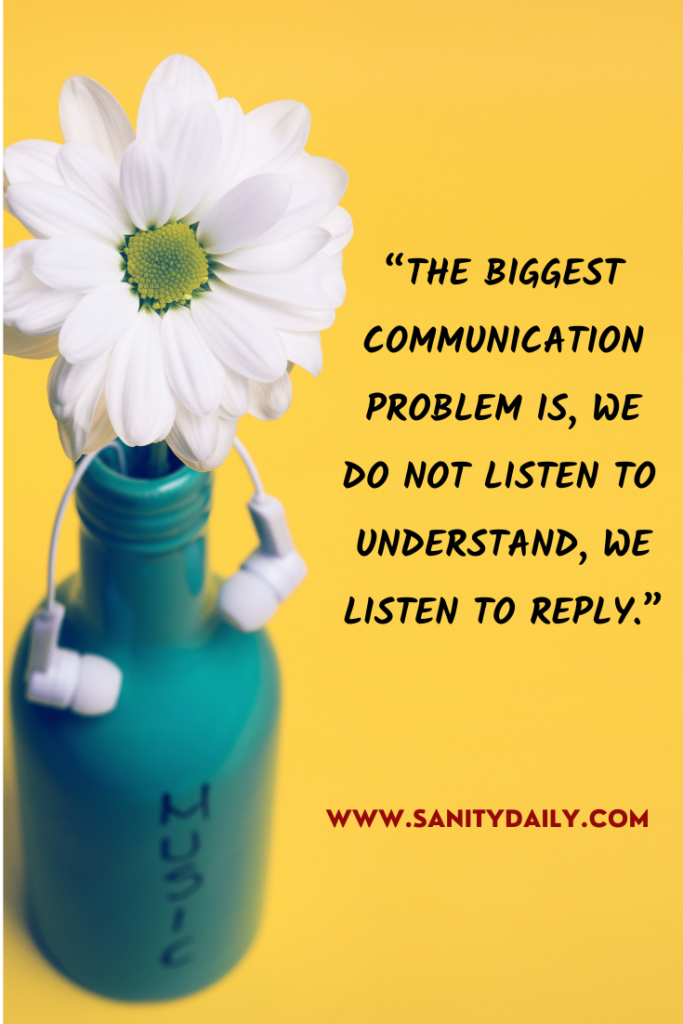Table of Contents
Why people don’t open up and seek help? Why do they keep to themselves? Why do they choose to suffer in silence rather than talk to someone? There is already a lot of stigma and shame associated with mental illness, such that an individual feels they will never get any better and no one will understand them.
Have you ever made someone feel so safe and secure around you that venting out becomes easy for them? If you have, a big virtual hug to you and if you haven’t but since you landed on this blog, I will try to help you out with a few basic reasons why people don’t open up and seek help even when facing huge mental distress.

6 Reasons Why People Don’t Open Up And Seek Help
When someone is going through personal trouble with their relationship, job, career change, married life, financial condition or any other kind of social or environmental pressure, they need someone to confide in. Someone they can talk to freely without the fear of getting judged or criticised.
However, a majority of the people around us prefer to keep to themselves because they hardly find someone who can actively listen to them. We have this habit of jumping to conclusions, giving advice, comparing situations and even problems, which diminishes the listening part. Someone like me would rather shut down than open up, as it puts me so off. Below are a few barriers that make opening up difficult:
1.) Comparison
People even compare the pain, can you believe that? It is like when you share your problem with someone and they say, “This is nothing you are facing/what you are going through is nothing in front of what I went through a decade ago”.
This kind of statement acts like the biggest turn-off to someone in a tough spot, because for them their pain matters, it is hurting them, no matter how big or small it appears to you. When you compare their problems with others or your past/ existing problems, you make them feel dejected and they might never open up to you ever again.
2.) Dismissal
One of the biggest reasons why people don’t open up and seek help. As I talk to many individuals on a daily basis, who are going through different situations in their lives, I always come across this common problem, that they get dismissed about how they are feeling. I feel the same when I try to open up and share things, but people dismiss my pain.
When you tell someone that what they are feeling is a result of overthinking, or you are simply making it up, you dismiss their feelings. They need validation and assurance. Probably, they might be making it up but let them help realise it, do not shut them out by saying things that will only make them feel more alone and sad.
3.) Inactive Listening
How many of us really listen? We often hear and wait for our turn to speak, we have a lot to share but do we actively listen to what is being shared with us?
A person sharing a part of his life is trusting you and when you just overhear them and jump to conclusions in a hurry, they feel so miserable, that they might never ever open up with you again.
4.) Being judgmental
Another toxic reason why people don’t open up and seek help is, whom should they seek help. People don’t get tired of judging you. Even if you somehow share your story with others, they judge you and provide unwanted advice, and after a few days, they might as well forget what you told them.
Being sensitive towards others is an essential trait the majority of people lack and people fail to draw a thick line between what to say and what not to say. Being judgmental is easy when you are unfamiliar with the pain.
5.) Unavailability
Through my counselling experiences, I know how someone feels when their friends or relatives abandon them and ignore their calls and messages, just because they feel the person will bore them with their sorry story.
This unavailability creates a lot of restlessness and anxiousness because they are unable to vent out, unable to speak and share. When they repeatedly face this unavailability from their near ones, they refrain from sharing anything with them in future the trauma remains unaddressed.
6.) Conditioning
We are never taught emotional language, the ability to express and articulate our feelings, and our vulnerabilities, and that’s how we lack to vocalise how we feel. We are taught to stay strong, but we are not aware that being vulnerable is also ok. We glorify success but failing in a few chapters of life doesn’t make you a social failure.
The Truth Behind “I Am Fine”
Asking how are you is a norm or a part of our daily conversation but replying as “I am fine” is more of a forceful action we do because we can’t tell everybody about our real feelings. We can’t open up and say ” I am not feeling good today” or ” I am feeling low today”.. even if you try doing it there would be very few hands trying to reach you and check on you.
You know this, hence you chose to keep it simple by saying I am fine when most of the time you are not fine. Thousands of thoughts might be racing in the back of your mind, yet you ignore them and suppress your feelings because you can’t find a safe space to open up.
To conclude I would say, no matter what, this kind of behavioural approach by others doesn’t help at all. Staying ignorant and insensitive is the reason why people don’t open up and seek help. Ultimately leading to loads of accumulated stress and guilt inside.
There are many stigmas attached to mental health which makes it harder to open up for one and when we as a community fail to stay aware and alert, we are simply adding to the mess. So if you want to really help someone you need to adopt these few attributes right away:
1.) Provide a safe space, and make them feel comfortable
2.) Drop your biases
3.) Be non-judgmental
4.) Be an active listener
5.) Don’t offer solutions until asked for
6.) Avoid sharing other stories
7.) Reassure
8.) Validate
9.) Keep a regular check
10.) Ensure your availability
Love and light








